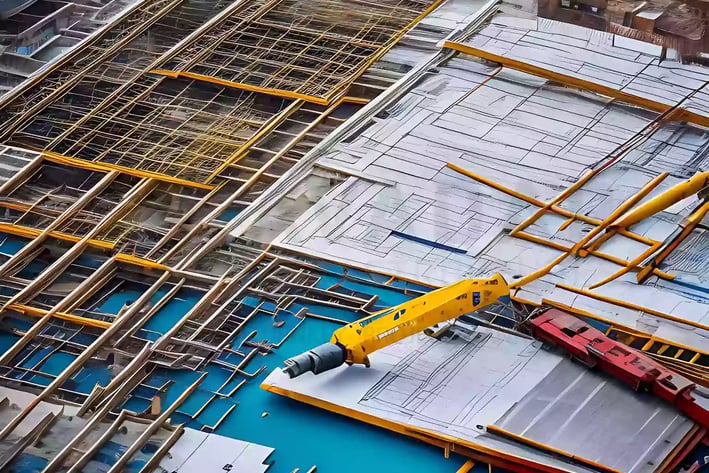Efficient Project Delivery: Tools, Techniques, and Best Practices for Construction Project Management
Construction project management is a crucial aspect of any construction project. It involves the planning, coordination, and control of a project from start to finish. Efficient project management is key to delivering construction projects on time, within budget, and to the satisfaction of clients. In this blog post, we will discuss project management tools, techniques, and best practices in construction.
Tools for Construction Project Management
Project management software: Project management software allows project managers to plan, schedule, and track project progress. Popular project management software includes Microsoft Project, Asana, and Trello.
Building Information Modeling (BIM): BIM is a 3D model-based process that allows for the planning and coordination of construction projects. BIM provides project managers with a detailed view of the project and helps identify potential conflicts before construction begins.
Construction management apps: Construction management apps, such as Procore and PlanGrid, allow project managers to communicate with team members, track progress, and manage documentation from their mobile devices.
Techniques for Construction Project Management
Lean construction: Lean construction is a methodology that aims to reduce waste and improve efficiency in construction projects. Lean construction involves collaboration between team members, continuous improvement, and the elimination of non-value-added activities.
Agile project management: Agile project management is a flexible approach to project management that allows for changes and adaptations throughout the project. Agile project management involves continuous feedback and collaboration between team members.
Critical Path Method (CPM): CPM is a technique that allows project managers to identify the critical path, or the sequence of tasks that must be completed on time for the project to be completed on schedule.
Best Practices for Construction Project Management
Clearly define project scope and objectives: Clear project scope and objectives help project managers identify project requirements and communicate them to the team.
Develop a project plan: A project plan should include a schedule, budget, and resource allocation.
Communicate regularly with the team: Regular communication with team members helps to identify and address issues early on.
Manage risks: Project managers should identify potential risks and develop strategies to mitigate them.
Monitor progress: Regular monitoring of project progress helps project managers identify potential delays or issues and take corrective action.
Conclusion
Construction project management is essential to delivering construction projects on time, within budget, and to the satisfaction of clients. The use of project management tools, techniques, and best practices can help project managers achieve these goals. By implementing efficient project management practices, construction companies can attract clients who value efficient project delivery and build a reputation for quality work.


